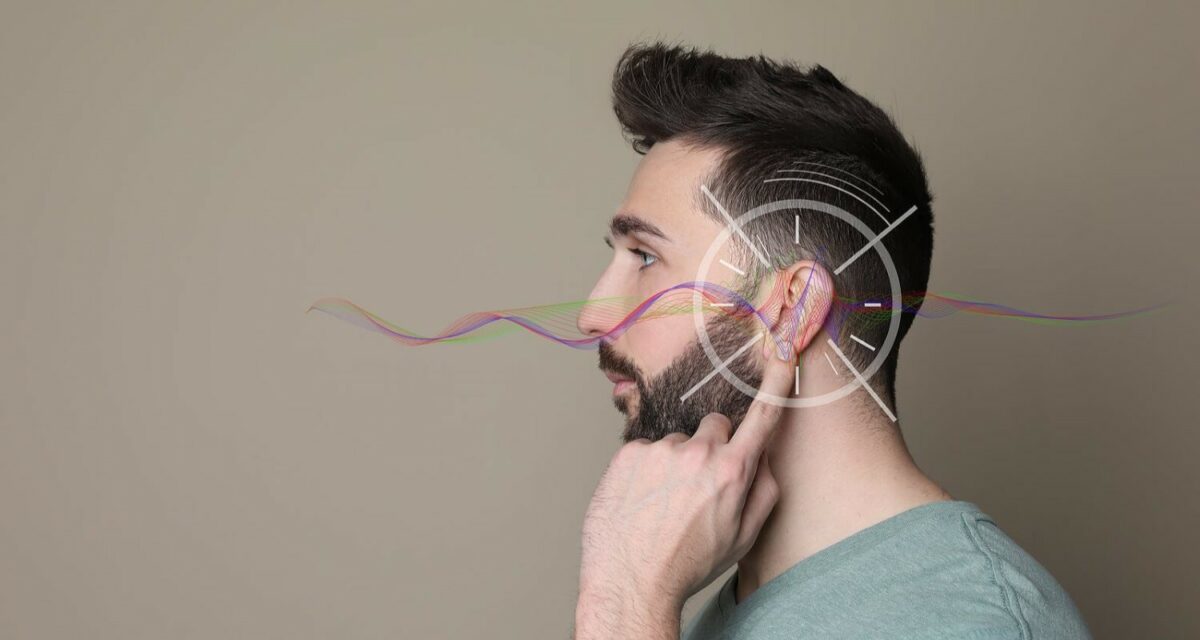Have you ever wondered what makes up a personality? Is it what you love to do, or how you express yourself? Is it based on how you were raised or is it innately born when you enter the world? Well, it may be a combination of all those things and more. The American Psychological Association describes personality as “enduring characteristics and behavior that comprise a person’s unique adjustment to life, including major traits, interests, drives, values, self-concept, abilities, and emotional patterns.” However, life changes can affect how we react in the world, such as health complications, and chronic pain. One health issue which is all too often overlooked is hearing loss. It can make it hard to hear but did you know that for some people it can affect personality?
Researching Hearing Loss and Personality
In a 2014 study, researchers at the University of Gothenburg examined the effects of hearing loss on the personality of seniors between the age of 80-98 years old. They tested the hearing of 400 older adults biannually over a six-year span and cross referenced this with tests monitoring physical and mental health. They also surveyed for personality traits such as extraversion, introversion, outgoingness, and emotional stability.
The researchers found that for many of the test subjects they became less extroverted and outgoing over the course of the study. However, the only consistent factor related to higher introversion was hearing loss! “Surprisingly, we did not find that declining overall health and functional capacity make people less outgoing,” explained Anne Ingeborg Berg, PhD, researcher at the University of Gothenburg. “But hearing loss directly affects the quality of social situations. If the perceived quality of social interaction goes down, it may eventually affect whether and how we relate to others.”
Misunderstandings Due to Hearing Loss Build Up into Social Isolation
Hearing loss is far too often underestimated for its far-reaching effects. What starts as simple misunderstandings becomes relentless as years go by. Hearing loss in most instances is a permanent condition which often declines over time. This can have an impact on how we relate to all the people in our lives at home, between friends and at work.
Hearing loss occurs when there is a disconnect between the ears and the brain. This limits the sounds we can understand during everyday conversations. It starts slow and often gradually becomes more severe. You may not even notice as your brain rationalizes the loss of sounds. In the beginning stages it’s often certain consonants that are harder to hear than others. For instance, “s”, “f” and “h” become lost or mixed up in conversation, making you mishear or be confused when speaking to people in your life. Not only is it exhausting to have to fill in the blanks in words constantly, but it can build up frustration on both sides of a relationship. You may feel tired even after a social interaction in your home, while the other person may feel that you are disinterested, not paying attention, or distracted by what they are trying to tell you.
We as humans are social creatures who need connection with people in our lives for self-esteem, confidence, and mental health. You may however be so frustrated by an unaddressed hearing loss that you choose to stay home and interact as little as possible. It’s not uncommon for people with hearing loss to become socially isolated, lonely even when surrounded by loved ones and chronically depressed.
Effects on Personality as We Age
Particularly for those who were previously outgoing before hearing loss, people may notice a significant change in how you interact with the world. While the root of your personality is always there, a physical disability like hearing loss can make it hard to do many of the activities which may have once defined you. This is particularly an issue for older adults in which loneliness is more common due to mobility issues, the loss of loved ones, retirement, and hearing loss. The older we get the higher the risk of hearing loss becomes. For those of us who are 65 and older one in three will deal with this condition, however by the time we are 75 years and above half of all people will have hearing loss.
Treating Hearing Loss is the Key
While there is no way to reverse hearing loss, studies have found that addressing the issue with hearing aids can help you regain a sense of self you had before in life. Reconnect to yourself and schedule a hearing exam today!

